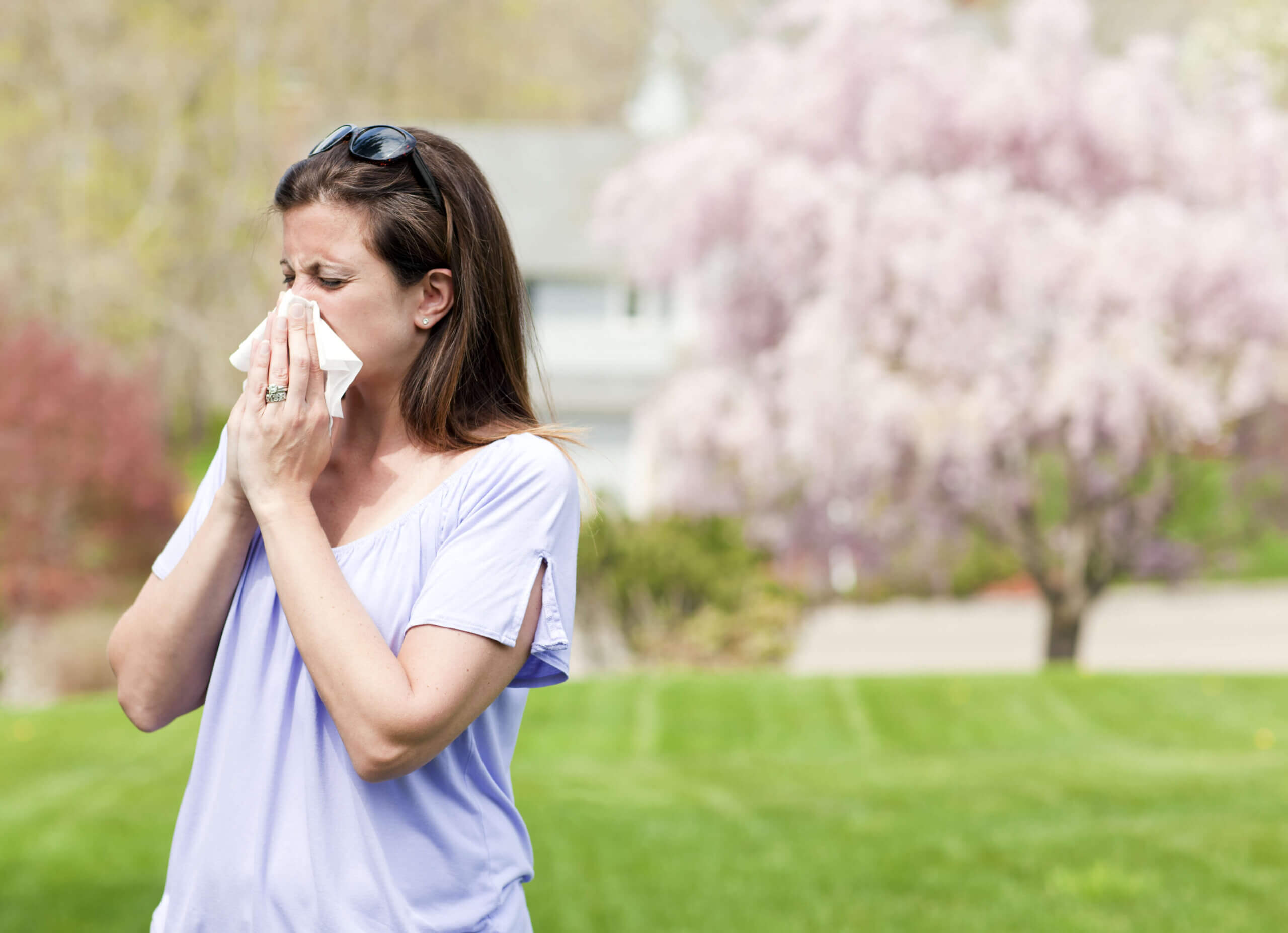
Managing Grass Pollen Allergies
Florida’s warm, sunny weather keeps it green year round, but that means pollen and other allergens are present all year too. Grass pollen allergies are among the most common, but you can’t exactly avoid grass altogether, especially if you own a home with a lawn. If you have allergic reactions to grass pollen (also known as hay fever), you may notice some symptoms. These symptoms include watery or puffy eyes, nasal congestion, sneezing, a runny nose, or facial itching when you’re outside. However, these symptoms may get better or less persistent if you take a few steps to minimize your exposure and pre-empt your side effects.
Here are some helpful ways to manage grass pollen allergies in Florida:
Keep Your Grass Short
Mowing always matters, but managing your Florida-friendly lawn is especially important when you have allergic reactions to prevent. Longer blades of grass are more likely to release grass pollen, so keep it short by mowing regularly. If the process of mowing triggers your allergies, hire someone to cut your grass for you. You will never be exposed to freshly cut grass, and your grass won’t be as likely to release pollen afterward.
Close Your Windows
Florida isn’t exactly known for open-window weather, but if you tend to crack yours on unusually breezy days, you could be inviting allergens inside. Tiny pollen particles easily pass through screens and enter your indoor air. Make sure your windows are closed, especially when there’s a lot of pollen in the air or your lawn is getting mowed. If you’re tempted to let in some fresh air on a balmy spring day or a cool summer evening, check the local pollen count first. The wind scatters pollen, so breezes are actually signs that there might be more of it moving through the air that day.
Wash Your Bedding Thoroughly
Grass pollen clings to skin and clothing, which means it eventually transfers and clings to bedding too. If pollen builds up where you sit and sleep, you will never get a break from pollen exposure. If this is the case, all of your textiles need to be washed. Prevent allergic reactions by keeping a regular laundry schedule. Every week, wash all your linens with hot water to prevent pollen build-up and neutralize other indoor allergens. Make sure you include all pillowcases, sheets, blankets, and other linens that you touch on a daily basis.
Vacuum Every Week
Carpet is also an allergen magnet. It hangs onto tiny particles that get pushed deeper and deeper into its fibers over time. Vacuum them up before they have a chance to sink in and cause allergic reactions, illness, odor, and other household nuisances. At least once a week, vacuum all your rugs and carpeted surfaces thoroughly. Always take off your shoes when you come home, and ask guests to do the same.
Try Nasal or Oral Antihistamines
Antihistamines are drugs designed to target the overactive immune responses that cause allergy symptoms. Today, antihistamines are available as nasal sprays or pills, and your options include drowsy and non-drowsy formulas. Nasal sprays offer quick relief, making immediate contact with your congested or runny nose. Pills, on the other hand, work overtime to facilitate drainage. Both forms serve slightly different purposes, so it’s important to consult your doctor or allergist before deciding which is right for you.
Put Some Pollen Under Your Tongue
Immunotherapy is the process of “training” your immune system to get used to something. Flu shots and allergy shots are both examples of subcutaneous immunotherapy, but instead of injecting allergens under your skin, the sublingual version involves tablets under your tongue. Your allergist may recommend an immunotherapy regimen that includes grass pollen tablets, which you hold under your tongue every day for minutes at a time before swallowing. Over time, this treatment method may reduce your vulnerability to grass pollen.
No matter which sod or seeds you choose for your yard, allergic reactions are a potential side effect of most Southern grass varieties. However, your comfort and health depend on the steps you take to keep your immune system strong and your indoor air pure. What steps will you take to reduce your backyard pollen count and prevent allergic reactions? Contact Duda Sod to ensure the sod you install in your next project is not only the right fit for you but also a good fit for your health.